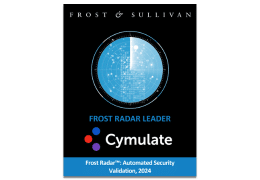The actively spreading intrusions have not been attributed to a specific threat actor or a nation.
The efforts mirrored previous attacks by a hacking group linked to Russia.
Spread via phishing emails or infected USB drives, Tardigrade is an advanced offshoot of SmokeLoader, a Windows-based backdoor operated by a group known as Smoky Spider and available for sale on underground markets dating all the way back to 2011, with the former possessing capabilities to capture keystrokes, laterally move across the compromised network, and escalate privileges.
What’s more, the malware acts as an entry point for additional malware payloads and is engineered to operate autonomously even when cut off from its command-and-control server to carry out its malicious activities.
Organizations in the biomanufacturing industry are advised to apply software updates, enforce network segmentation, and test offline backups of critical biological infrastructure to mitigate the threats.
Malware dynamics key-points:
Autonomy
– Previous SmokeLoader versions were externally directed, dependent on CnC infrastructure
– This Tardigrade version is far more autonomous, able to decide on lateral movement based on internal logic
– Significant level of autonomous decision-making ability, possibly on random wait times.
– The ability to selectively identify files for modification.
Privilege Escalation
– Uses impersonate client technique to gain Admin control
Connectivity
– Replaces Main.dll and attempts to export original to varying IPs that do not correlate with a specific CnC
– Traffic is encrypted and uses a diversity of methods.
– One method of lateral spread uses network shares and creates folders in CnC connected servers with random names





